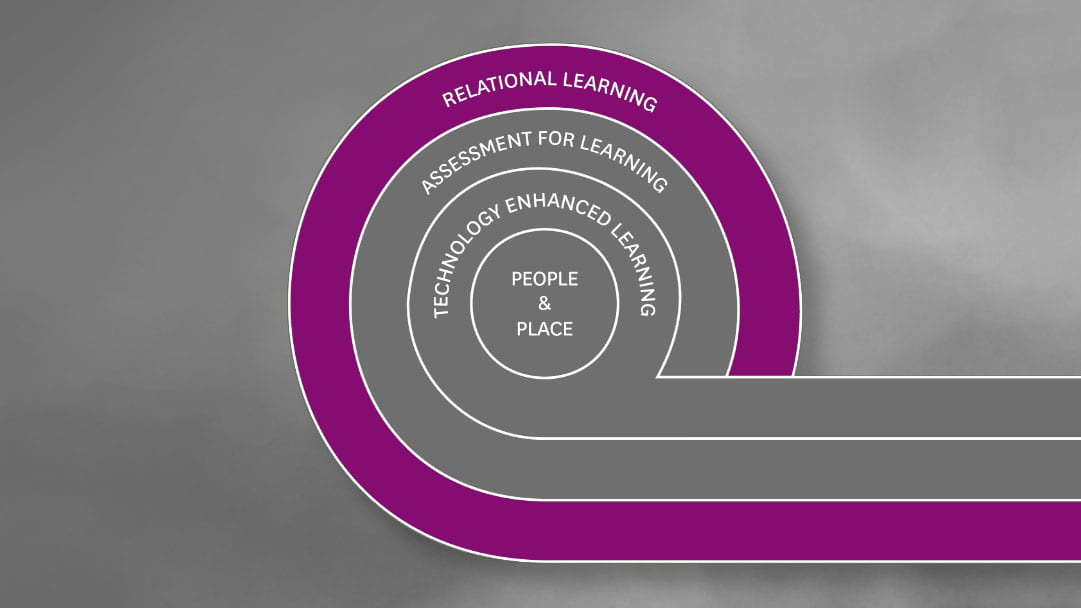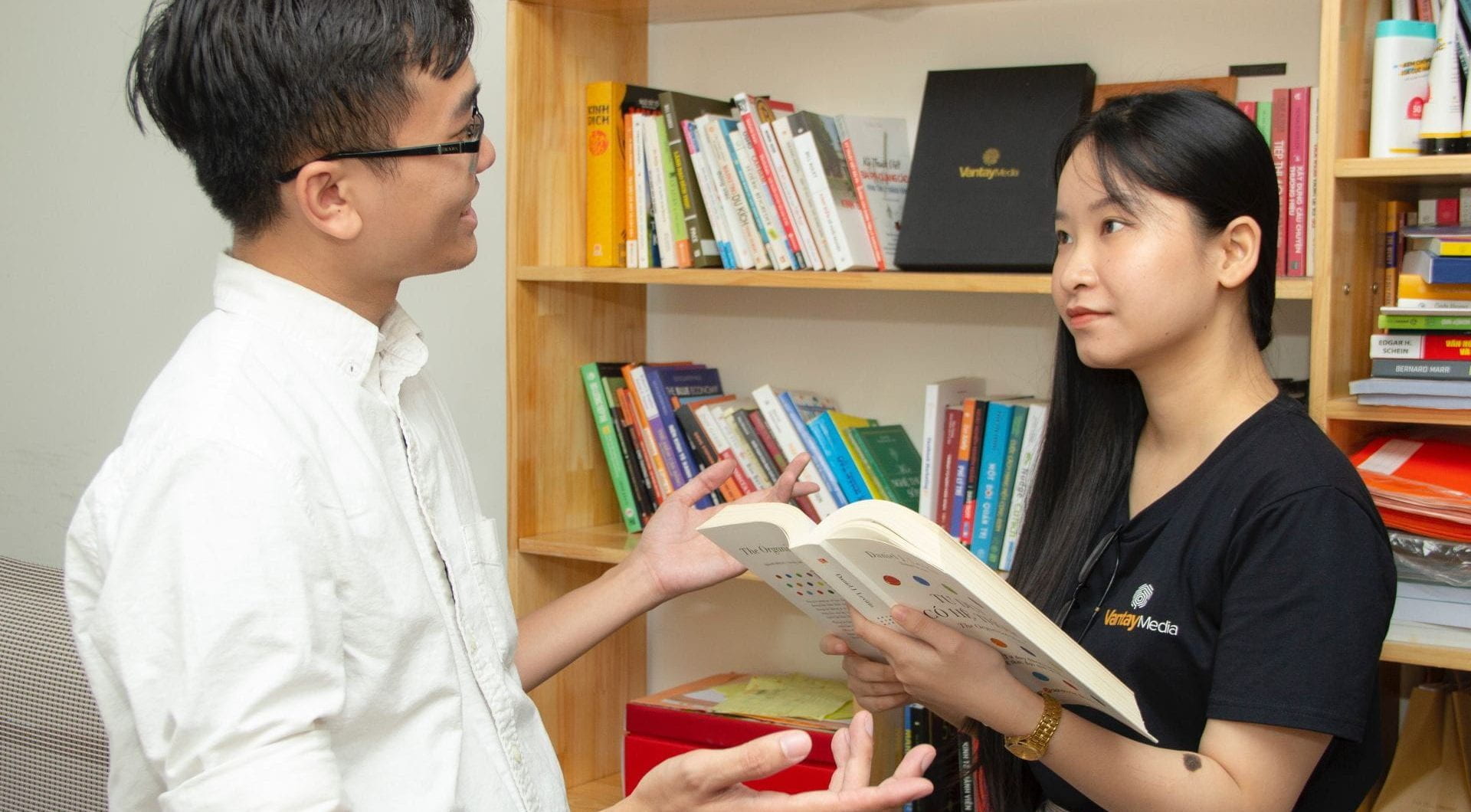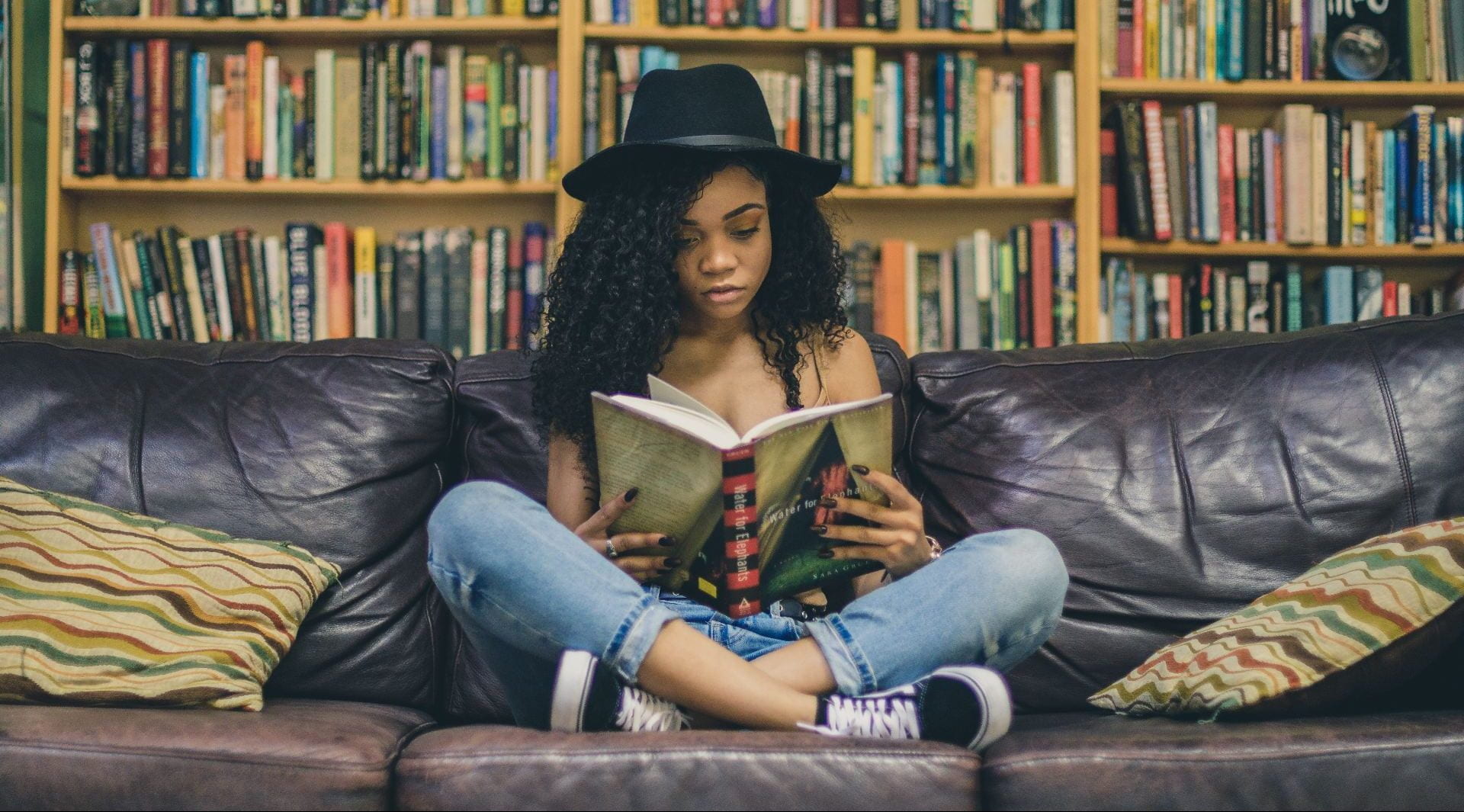Relational learning
Enrich learning experiences through effective relationships between students, staff, communities and place.
Taumata Teitei: Vision and Strategic Plan (p. 5) refers to students as “active participants” in an educational environment which “privileges human connections.” Relationality is a central driver of Taumata Teitei where it underpins the transformed learning experiences of students, both digitally and face to face.
Learning is an endeavour that is enhanced by the relationships between students, teachers, our communities and environment. At its core, relational learning places reciprocal relationships at the centre of teaching and learning at Waipapa Taumata Rau, University of Auckland. These place-based relationships are augmented by students, staff and our communities valuing and feeling connected to our vibrant campuses and our in-person and online relational spaces of learning.

Key relationships in learning and teaching
Relational learning has a long history in Western pedagogies where the learning process is imagined in a social context particularly in terms of active learning. Common to both Indigenous and Western approaches is that “learning occurs in relationships,” 1,2,3 between students, staff, our communities and places and in all modes of teaching and learning.
Students and subject
Involves authentic learning – the use of examples that connect students to the material.
Students and teacher
Emphasising the importance of getting to know our students – their needs, experience, ability and talent – and ‘us’.
Students and their peers
Collaborative learning approaches – group/team based learning, peer review activities, co-creation of learning content and more.
Students with their (developing) selves
Students learning to learn and developing their academic identity and citizenship.
Students and place
Involves immersive place-based learning experiences.
Relational learning in practice
Suggestions for how staff might support relational learning in their practice.
About key relationships
Professor Kathleen Quinlan is an educator and researcher who has written extensively about relational learning. Relational learning is an approach to education that emphasises the importance of creating a positive and engaging learning environment. When students feel valued and connected to their teachers and peers, they are more likely to be motivated to learn, more engaged in class and more successful academically.
Quinlan’s work emphasises the importance of creating a culture of trust and respect in the classroom. She encourages teachers to build relationships with their students by getting to know them as individuals, being responsive to their needs and treating them with respect and kindness.
Quinlan also highlights the importance of creating opportunities for students to collaborate and connect with one another. Group work, peer tutoring and other collaborative activities can foster a sense of community and support among students, which in turn can improve their learning and engagement.
Dr Gayle Morris, Director of Learning and Teaching, is leading work to develop models of relational learning practice that are appropriate to the Waipapa Taumata Rau, University of Auckland and its place within Tāmaki Makaurau, Auckland. In the interim, the framework proposed by Professor Kathleen Quinlan is being used to help colleagues consider the different dimensions and overlapping areas of relationality.
Relational learning represents one of three signature pedagogical practices outlined in the Curriculum Framework Transformation Hub.
Page updated 02/07/2025 (minor edit)
- Aspelin, Jonas. “Teaching as a way of bonding: a contribution to the relational theory of teaching.” Educational philosophy and theory 53, no. 6 (2020): 588-596. ↩
- Aspelin, Jonas. “What really matters is ‘between’—Understanding the focal point of education from an inter-human perspective.” Education Inquiry 1, no. 2 (2010): 127-136. ↩
- Aspelin, Jonas. “Co-existence and co-operation: The two-dimensional conception of education.” Education 1, no. 1 (2011): 6-11. ↩






